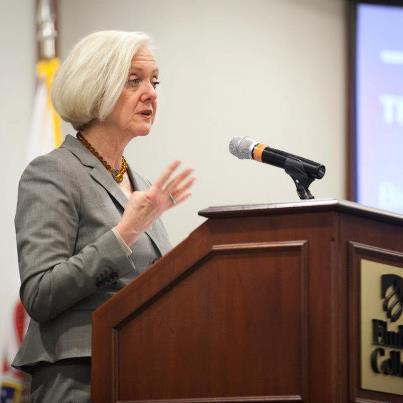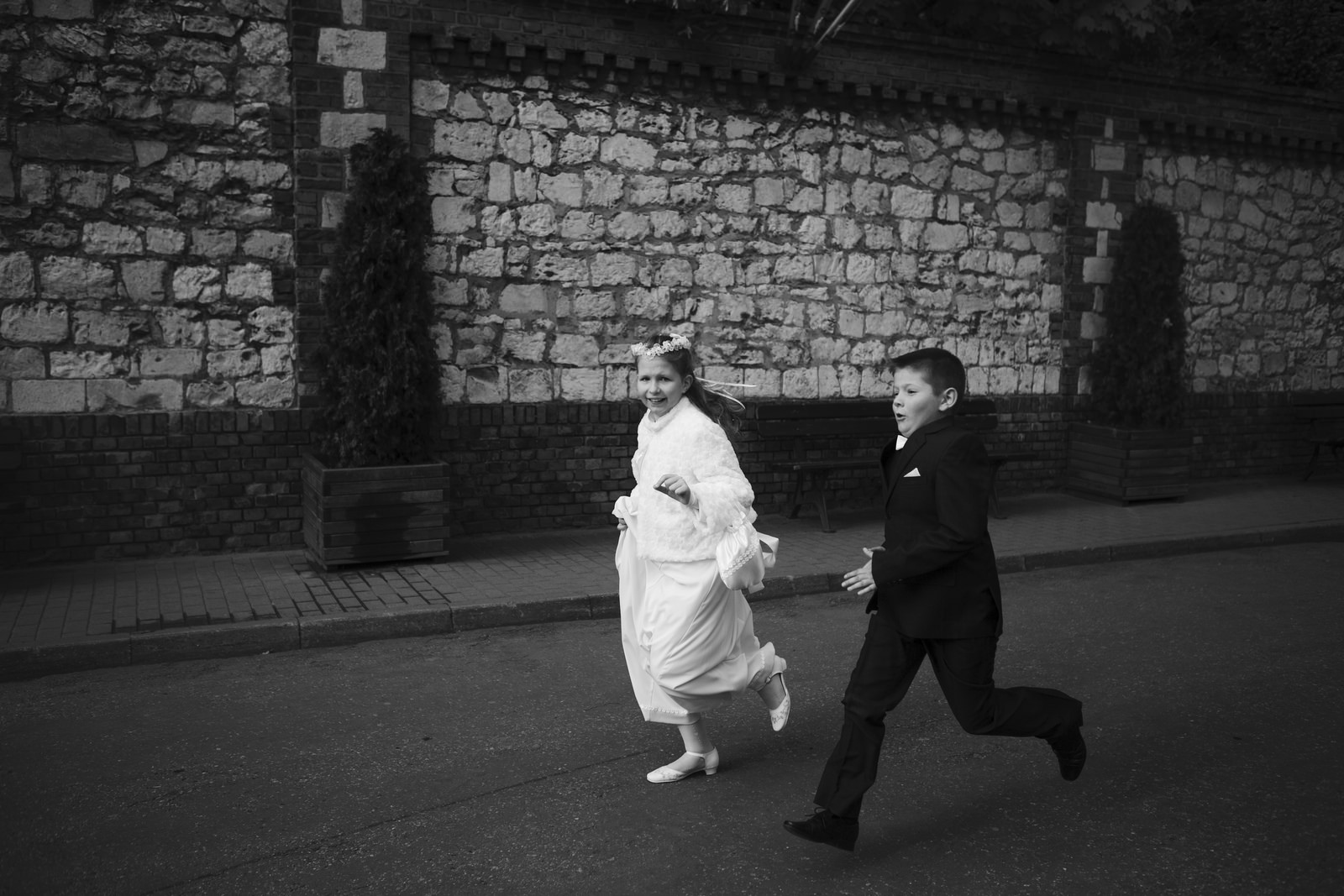1st Sunday of Advent year B
Happy new year. It is interesting to think about why the readings start with a warning to be alert. In our culture, we associate the new year with new starts, with beginnings, with things we are resolved to do. Instead, the “start” here is one of remaining in the household and waiting – but alertly – for the return of the master. Readers likely know that the readings of the early Sundays of Advent connect us to the second coming of Christ; before we hear about John the Baptist and march to the manger, we are given readings that speak of the final coming of the king.
The readings thus also connect to the “end” of the church year, the readings we heard throughout November, which also spoke of the final coming. But there’s an interesting twist here: after Matthew’s long, elaborate parables in November, we now return to the spartan prose of Mark. Mark’s reading here likely gives us the backbone of what is elaborated in longer, “parable-ized” detail in Matthew and Luke. It’s pretty simple:
He leaves home and places his servants in charge,
each with his own work,
and orders the gatekeeper to be on the watch.
Watch, therefore;
you do not know when the lord of the house is coming,
The yearning expressed in the first reading was made vivid for me at a young age by this striking song from John Foley, SJ, Redeemer Lord. Paired with the quiet confidence of the refrain from Psalm 23, the images from Isaiah are cries of anguish for return, for God’s striking deeds in the face of barrenness and loss. These words of the first reading are what it means to “watch” for the return of the Lord of the house.
Why start the new year with waiting? It’s not meant to be “waiting-room” waiting. And it’s certainly not meant to be the kind of waiting where you pull out your phone to pass the time. It is a waiting of urgency, even of desperation. We start the new year, then, with our confession of faith in our need for God’s action in our lives and in the world. We know, in a few weeks, that promised “action” will be made present to us in the “wondrous deed” of the Incarnation. Yet still we watch for God’s final return. The Incarnation means we watch in hope. But watch we must, with a heart crying out to our father and with actions like this described in Isaiah:
Would that you might meet us doing right,
that we were mindful of you in our ways!





